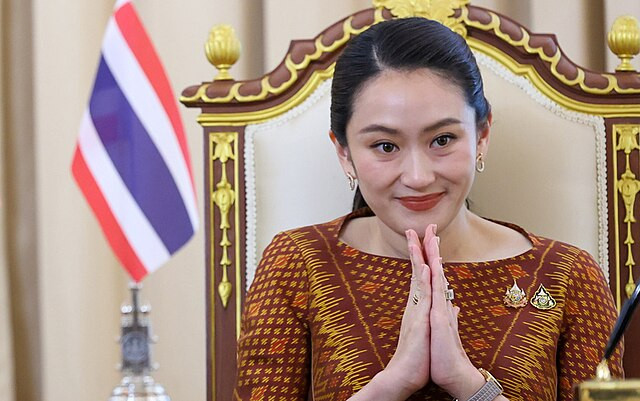Tens of thousands of civilians have fled their homes as intense fighting between Thailand and Cambodia entered a second day on Friday, marking the most severe hostilities between the two Southeast Asian neighbors in over a decade. Despite ceasefire overtures, Thailand has rejected third-party mediation, insisting on bilateral talks to resolve the escalating conflict along their long-disputed border.
Thailand's Ministry of Health said more than 58,000 people have evacuated villages in four provinces bordering Cambodia, while Cambodian authorities reported over 4,000 people displaced. The Thai military said artillery exchanges continued Friday in multiple areas, including Ubon Ratchathani's Chong Bok and Surin's Phanom Dong Rak, where shelling damaged civilian infrastructure and injured dozens.
At least 14 people have died in Thailand, including one soldier and 13 civilians. Cambodia confirmed one fatality on Friday, with Gen. Khov Ly of Oddar Meanchey province stating that a Thai rocket killed a man sheltering at a Buddhist pagoda. Cambodia also accused Thailand of targeting sites near the Preah Vihear temple, a UNESCO World Heritage site-an allegation Thai officials denied, claiming Cambodian forces used civilian areas as shields.
The clashes erupted following a landmine explosion on Wednesday that wounded five Thai soldiers. Bangkok accused Cambodia of planting the mines, which Phnom Penh denied. Thailand recalled its ambassador and expelled Cambodia's envoy, igniting the conflict that has since spiraled into widespread violence.
"We stand by our position that bilateral mechanism is the best way out, this is a confrontation between the two countries," Thai Foreign Ministry spokesperson Nikorndej Balankura told Reuters. "Our doors are still open."
Cambodian Prime Minister Hun Manet, however, claimed both sides had agreed to a ceasefire brokered by Malaysian Prime Minister Anwar Ibrahim, only for Thailand to later reverse its stance. Anwar, the current ASEAN chair, said he had spoken to leaders from both nations and urged "peaceful dialogue and diplomatic resolution."
United Nations Secretary-General António Guterres also called for restraint, and the U.N. Security Council convened a closed-door meeting Friday to address the fighting.
Hospitals near the conflict zones, including Phanom Dong Rak hospital, reported casualties and structural damage from shelling. Military vehicles delivered wounded soldiers throughout the day. "I just heard, boom, boom," said evacuee Pornpan Sooksai, who fled with her cats in fabric cages. "I was frightened, scared."
Thai officials insist they are not targeting civilians, and emphasize their forces are only returning fire. Cambodian authorities released images purporting to show damage to cultural sites and have pledged to seek international justice.
The 800-kilometer frontier has been the site of periodic conflict for decades. The last major flare-up in 2011 left at least 20 dead. The latest round began in May with a deadly confrontation that led to a Cambodian soldier's death and strained diplomatic ties.
While ASEAN and other nations, including China and the U.S., have offered to mediate, Thai Vice Minister of Foreign Affairs Russ Jalichandra said: "We don't want to rule out having a third country to help, but right now we believe that bilateral mechanisms have not been exhausted."






